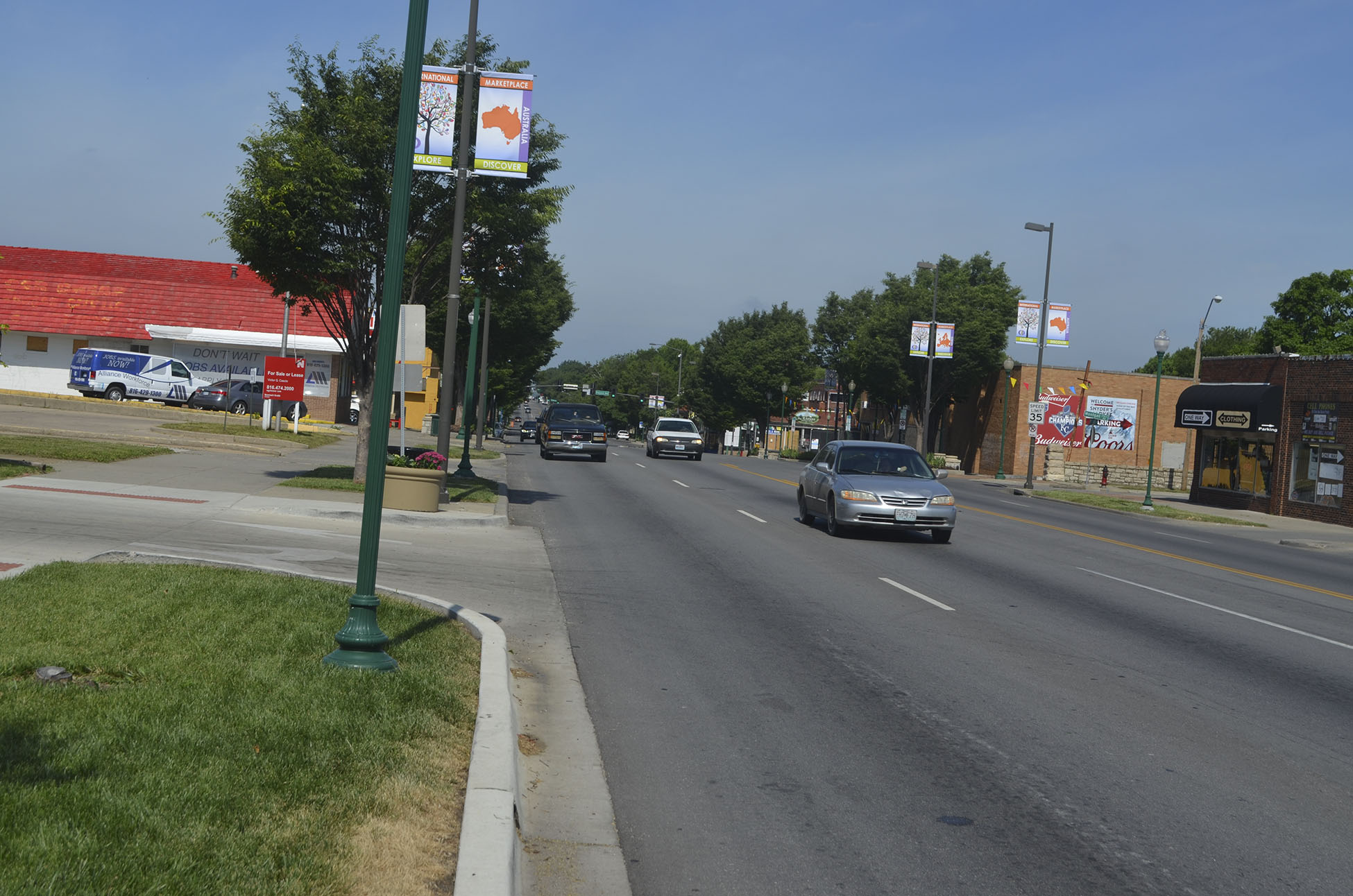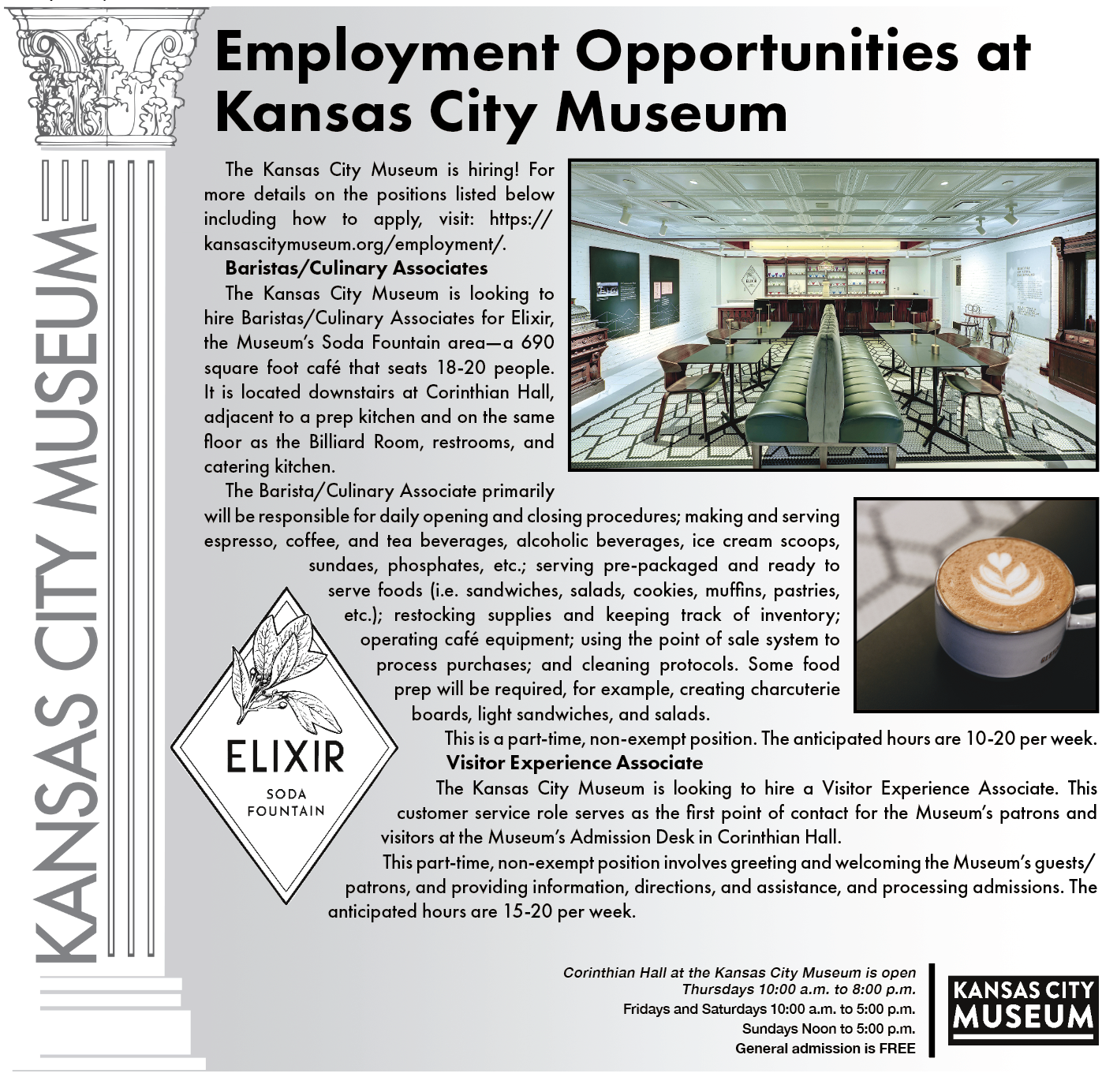By Paul Thompson
Northeast News
June 30, 2016
KANSAS CITY, Missouri – At the suggestion of members of the public, the Kansas City, Missouri Auditor’s Office has begun an audit of the Independence Avenue Community Improvement District (CID). KCMO City Auditor Doug Jones confirmed on Thursday, June 30 that work on the audit had officially begun.
“We’ve been asking the public for audit suggestions since February or March of 2015. We got a handful of suggestions or ideas from the public related to the Independence Avenue CID,” said Jones. “We have the authority to audit those under code, and it seemed like a good time to look at those.”
Independence Avenue CID President Bobbi Baker-Hughes understands that audits can sometimes be seen in a negative light, but she says the CID is embracing its status as a trend-setter among the Missouri’s 360 community improvement districts.
“This is a brand-new industry being audited. It’s an industry audit, and we are the first. Quite frankly, we’re the first because we were the last-approved CID,” said Baker-Hughes. “We’re really very comfortable with the audit. I think people automatically assume an audit is a bad thing, and start finger-pointing. In reality, an audit is a good thing.”
While audits of CIDs are not currently common practice, new legislation signed by Governor Jay Nixon on Wednesday, June 29 allows Missouri State Auditor Nicole Galloway greater authority in auditing CIDs. Under the previous law, the State Auditor could only commence an audit of a CID with a citizen’s petition, or by the direct request of the Governor. Now, the Auditor’s Office has the authority to begin an audit at their own discretion. The Independence Avenue CID may be one of the first audits conducted in Kansas City, but the new legislation ensures that they’re unlikely to be the last.
“I think it’s a wonderful thing,” said Baker-Hughes. “It’s dollars that are accountable dollars, and I don’t know how better to do that than with a professional city and state audit as CIDs move forward.”
As of now, the audit team is in the planning phase, where they attempt to learn as much as possible about the topic. After the planning phase, they will narrow down their focus and present a scope statement defining the project boundaries to a council committee. Once that has been presented, auditors won’t release further information until their actual audit is completed. That process typically takes anywhere from seven to nine months, depending on factors such as the topic, nature of the work, cooperation of the organization being audited, and the scope of work.
In the case of the Independence Avenue CID audit, Jones indicated that a scope statement could be presented sometime in the next two months.
“The auditor that’s working on the project is going to be out of the country for a month. We may not have that until August, is my thought,” said Jones. “It’s any time between mid-to-late July until August.”



















